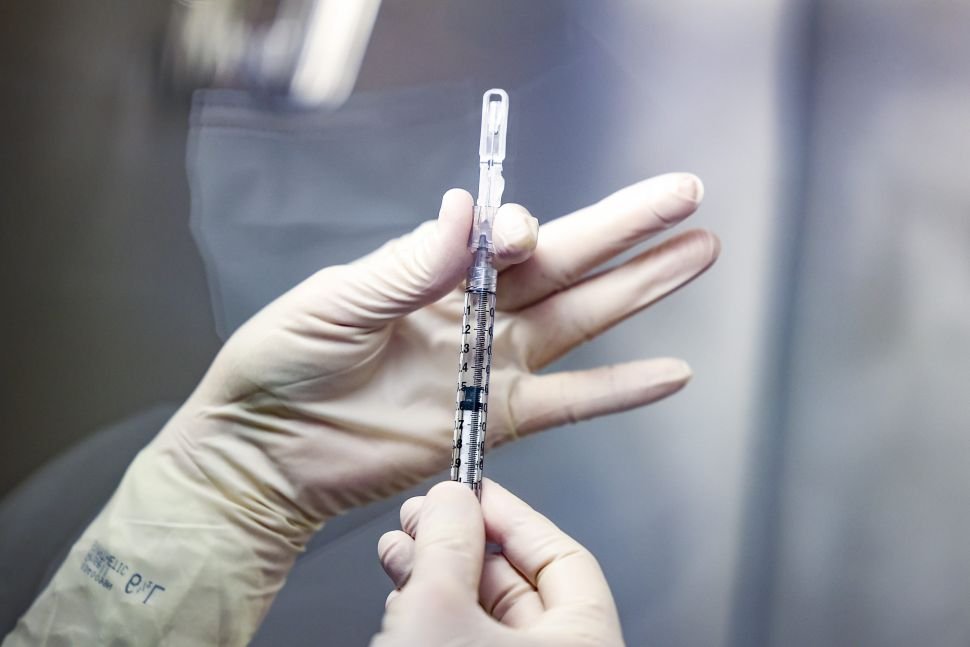Vaccination rates are increasing and deaths are decreasing and continue to do so and are at the lowest in a year. All this credit can be attributed to an incredibly fast push to develop vaccines. However, this was followed up by a rocky initial rollout and vaccine hesitancy. The covid situation is now at a hopeful point. The Pfizer, Moderna, and Johnson & Johnson vaccines approved by the FDA for emergency use are effectively working on the initial strains and the emerging ones.
Experts Are Confused On How Soon We Will Need Covid Boosters
But whether Americans are inching towards a return to long-term normalcy and the infection rates as well as death rates remain low is not so clear as yet. There is a looming question on whether Americans will need another booster as soon as this year is not known yet.

Experts are still questioning the performance of the vaccine and how long it will take for a person’s immunity will dip before they need another vaccine. Pfizer and Moderna are known to offer protection for at least six months; however its not clear how protected that individual is after the six months
“We have had to openly say from the onset that we do not know what the durability of the mRNA vaccines or the J&J vaccines. Cameron Wolfe, an associate professor of medicine, specializing in infectious diseases with Duke University’s School of Medicine. “We knew the vaccine’s safety and efficacy data. However, we did not know great durability data because the vaccines haven’t been around for that long.”
Experts will, however, try to answer the durability question in a few other ways like formulating models to make the best guess.
“You can project how long the vaccine is going to last by seeing several different time points and seeing how much antibody levels are affected or T-cell function, how good your immune system is at its broadest capacity — how long that lasts,” Wolfe said. “So if I know what it is at baseline ― if I know what it is after you’ve finished the vaccine course, and I know what it is at, say, three and six months ― then I can see how much decline may have taken place and extrapolate that.”
Then there is also real-time data collection. Wolfe, who volunteered for the Pfizer vaccine in the early stage 3 clinical trials, advances others like him to continue to enter their results each week to know if they contracted covid or not whether they’ve developed serious covid disease or mild disease.
“We can then model against those who took a placebo how long it’s expected to last for,” Wolfe explained. “That’s real, hard case data.”
If immunity does wade off over time, then there is an absolute need for subsequent COVID-19 shots. However, experts are not in agreement on when it will happen.
The Centers for Disease Control and Prevention has indicated the agency is planning a year-plus ahead, although the agency doesn’t know for sure if and when any additional shots might be needed.
That’s our job to hope for the best and plan for what might happen if we need further boosters in the future, the way we get flu vaccine boosters every year,” CDC director Rochelle Walensky “What happens if, in a year from now, or 18 months from now, your immunity wanes. Wolfe said he does not think that should be in 2021. However, he does not think that the immunity will last beyond 2022.”
On the other hand, Pfizer’s CEO had suggested that those who received the Pfizer vaccine will need a booster as early as September
